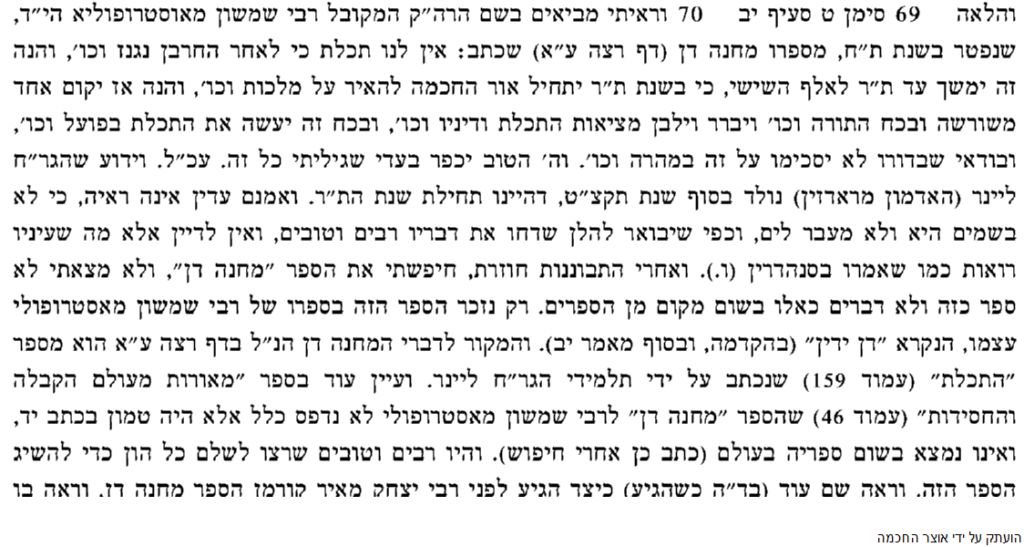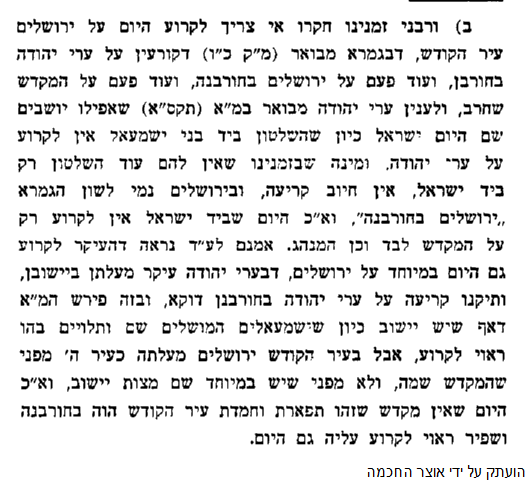Murray would have loved what took place at the Mises Institute on Friday, July 29, 2022, near the end of Mises University 2022. All his academic life, he dreamed of a graduate school where Austrian economics could be studied at an advanced level and where the torch could be passed to a new generation of young scholars. Last Friday, this dream was fulfilled. In a beautiful ceremony, two students received their MA in Austrian Economics
The program these students followed is rigorous. Here it is: “The Mises Institute’s Master of Arts in Austrian Economics is unique. It is the first graduate program in the United States dedicated exclusively to the teaching of economics as expounded in the works and great treatises of Ludwig von Mises and Murray N. Rothbard. The goal of the program is to assist students in mastering the principles of this great body of work and putting these principles to use in their chosen endeavors.
To this end, the Institute has carefully selected an outstanding faculty, with PhDs from prestigious universities including New York University, UCLA, Columbia University, Cal-Berkeley, Rutgers University, and Virginia Tech. All are accomplished scholars who have lectured or taught at Mises Institute events and published in its journals, books, or online publications. Many were personal friends or protégés of Murray Rothbard.
Thanks to the generosity of the Mises Institute’s donors, the cost of the program is well below that of other M.A. programs in economics or the related social sciences, whether traditional or online.
The program consists of the following coursework:
- Microeconomics
- Monetary Economics
- Quantitative Economics: Uses and Limitations
- Macroeconomics
- History of Economic Thought I
- History of Economic Thought II
- Comparative Economic Systems
- History of Economic Regulation and Financial Crises
- Rothbard Graduate Seminar
- Thesis Requirement” https://mises.org/edu
To understand why this program fulfills Murray’s dream, we need to look at his life. Murray was born in New York City in 1926. He received his Ph.D. from Columbia University, and studied for more than 10 years under Mises at New York University. However, his degree was delayed for years, and he came close to not receiving it at all, because of the unprecedented intervention of a faculty member.
Rothbard’s dissertation — — showed how the Bank of the United States, the Federal Reserve’s ancestor, caused the first American depression. This offended Professor Arthur Burns, later chairman of the Federal Reserve under Nixon, who was horrified by Rothbard’s anti-central bank and pro-gold standard position.
Rothbard eventually got his Ph.D., and he began writing for the libertarian Volker Fund in New York. Like his great teacher Mises, Rothbard’s views prevented him from getting a teaching position at a major American university. Finally he was hired by Brooklyn Polytechnic, an engineering school with no economics majors, where his department consisted of Keynesians and Marxists.
He worked there, in a dark and dingy basement office, until 1986, when — thanks to free-market businessman S.J. Hall — he was offered a distinguished professorship of economics at the University of Nevada, Las Vegas.
But this lack of a prestigious academic base did not prevent Rothbard, any more than it had Hazlitt, Hutt, or Mises, from reaching a wide audience of scholars, students, and the general public. Rothbard is the author of hundreds of pathbreaking scholarly articles and 16 books, including (1962), (1963), (1970), (1973), (1976), (1982), and (1983)
Because of his genius, Murray could have become famous in the world of academic economists—if only he were willing to compromise, like the Chicago School economists who are satisfied with a few reforms of the welfare-warfare state. But he never would.
We can contrast Murray’s career with that of another economist who was born around the same time and came from a similar background. As Charles Burris has pointed out, they were both born in New York City, in 1926. Rothbard was born on Tuesday, March 2. The following Saturday, March 6, Alan Greenspan was born. Both attended private schools and pursued their respective passions.
Although Murray was in the graduate program at Columbia, he attended classes at NYU with the great Ludwig von Mises. Greenspan was a student at NYU but did not study with Mises, whom he might have regarded as a washed-up old man who could do nothing for his primary concern, which was his career. Instead, he chose the division called “the factory”: 9,000 students competed in various fields of specialization in business. He graduated with honors in 1945 and enrolled in the Master’s program, graduating in 1948.
At this point, the lives of Rothbard and Greenspan briefly intersect in an interesting way: at Columbia University. Two years earlier, Rothbard had received his own Masters in economics from Columbia, and had enrolled in the PhD program. Professor Arthur Burns was the most prominent faculty member. Burns would later become Eisenhower’s head of the Council of Economic Advisers and head of the Federal Reserve. One might say that he was the Greenspan of his day.
Greenspan dropped out of the Columbia economics program to follow Burns to Washington and model himself after his tendency toward chasing powerful positions and powerful people. Greenspan watched Burns carefully, very impressed at how economics in an age of positivism can be used in the service of state-connected careers.
Rothbard meanwhile stayed behind at Columbia, writing and studying. One of his seminal articles in this period was published in a book in honor of Mises — that supposedly washed-up old man who just so happened to have a penchant for speaking truth to power.
As I said above, Burns was the man who gave Murray so much trouble in getting his dissertation accepted. There were times when Burns’s recalcitrance drove Murray to despair. He felt that he could not comply with Burns’s dictates and could not please Burns and that Burns seemed to be sabotaging his work.
Ironically, Rothbard and Burns had known each other since childhood. They lived in the same apartment building since high school. There can be no question that this was a personal attack against Murray. One thing makes this certain. Murray’s dissertation adviser was the great economic historian Joseph Dorfman who liked his work. Murray dropped Burns from his committee. But, even though he wasn’t on the committee, he still intervened to prevent Murray from getting his doctorate. This is virtually unprecedented in academic life. Only once Burns became so wrapped up in Washington politics that he could no longer care did Rothbard finally win out.
As for Rothbard’s own character, the contrast with Greenspan could not be starker. If Greenspan was the dreary undertaker, Rothbard was the happy warrior. Rothbard thrilled to spend time with students and faculty and anyone interested in liberty. When you spoke to him, he was glad to talk about the field of interest that was the other person’s specialization. Whether it was history, philosophy, ethics, economics, politics, religion, Renaissance painting, music, sports, Baroque church architecture, or even the soaps on TV, he always made others feel more important.
He was always excited to give credit to others and to draw attention to the contribution of everyone to the great cause. He never held a grudge for long: even for those who betrayed him personally, there was always an opportunity for reconciliation open. All of these traits extended from his amazing generosity of spirit, which I attribute to his love of truth above all else.
We all do well to emulate this master when we go about our work. When Rothbard would take on a subject, his very first stop was not to sit in an easy chair and think off the top of his head. Instead, he went to the literature and sought to master it. He read everything he could from all points of view. He sought to become as much an expert in the topic as the other experts in the field.
In other words, Rothbard’s first step toward writing was to learn as much as possible. He never stopped taking this step for his entire life. There was never a point when he woke up feeling as if he knew all that he needed to know. No matter how much he wrote, he was always careful to read even more.
If you follow his model, you will not regard this as an arduous task, but rather a thrilling journey. A trip through the world of ideas is more exciting and exhilarating than the grandest excursion to the seven wonders of the world, more daring and adventurous than wild game hunting, and far more momentous than any moon shot.



